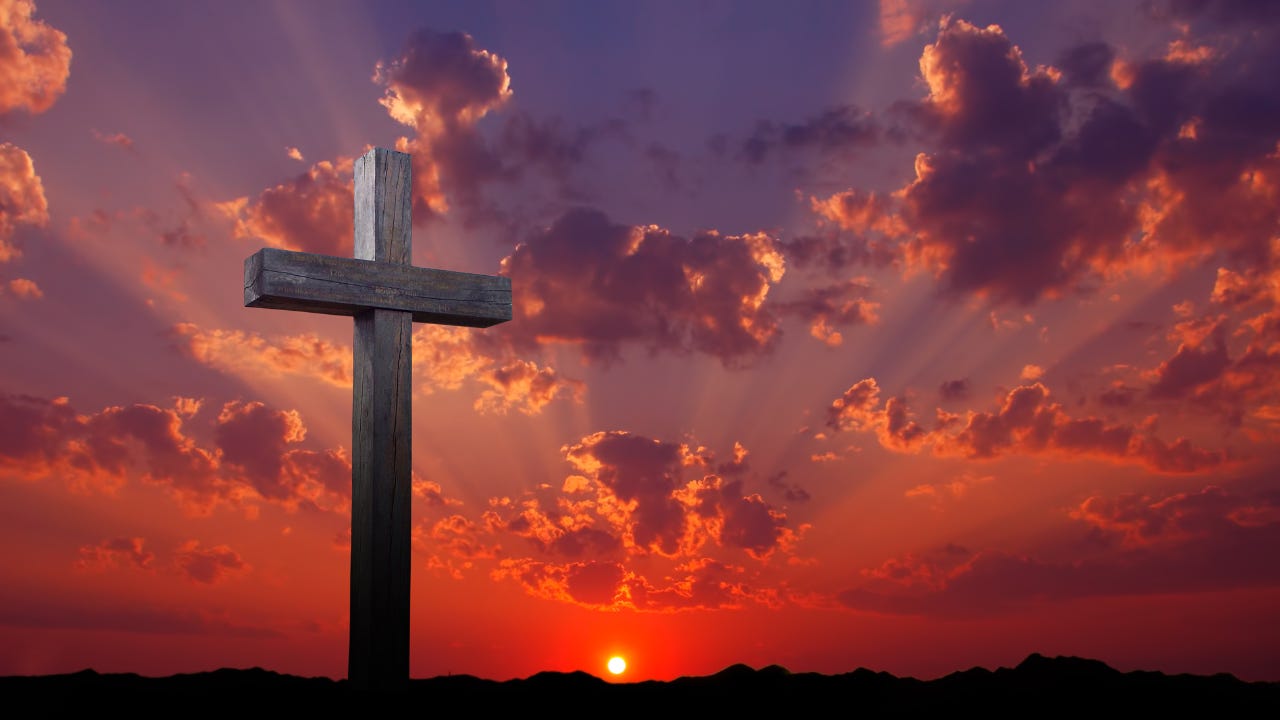In John chapter four, there is an account of a Samaritan woman who had a fascinating exchange with Jesus, who revealed to her that He was the Messiah. Just the fact that Jesus would even talk to her was shocking, for “Jews ha(d) no dealings with Samaritans” (John 4:9).
In fact, just traveling through the territory of the Samaritans was a groundbreaking endeavor, for common practice for Jews at the time was to take a crescent-shaped route from Judea eastward across the Jordan River into Perea and back westward again crossing the Jordan River into the area of Galilee, greatly increasing the time necessary for the journey, but avoiding traveling through land that the Jews considered despised territory. They hated the Samaritans, who were of mixed Jewish and Gentile descent.
In the exchange with the Samaritan woman, which takes place at Jacob’s well in the city of Sychar, Jesus requested that she draw him water from the well (John 4:5-7). This seemed to startle the woman, who asked Jesus: “How is it that You, being a Jew, ask a drink from me, a Samaritan woman?” (John 4:9)
Jesus then explained to the woman that, if she knew Who it was to whom she was talking, she would have requested “living water,” a response which puzzled the woman (John 4:10-12). After explaining that the living water Jesus would give would allow one to never thirst again (spiritually, although the woman didn’t seem to understand this), the Samaritan woman proclaimed: “Sir, give me this water, that I may not thirst, nor come here to draw” (John 4:13-15).
It is at this point that Jesus, knowing this woman’s current living situation, told her to bring her husband to the well (John 4:16). After answering that she had no husband, the woman must have been astonished when Jesus explained to her that her current living situation was that of living with a man who was not her husband, after having five husbands previously (John 4:17-18). The woman then responded: “Sir, I perceive that You are a prophet” (John 4:19). The discussion then went in the direction of true and sincere worship (John 4:20-24), in which Jesus proclaimed to her that “God is Spirit, and those who worship Him must worship in spirit and in truth” (John 4:24).
After this, the Samaritan woman admitted that she knew that the Messiah was coming (John 4:25), and Jesus told her that He indeed was the Messiah, the Christ (John 4:26). At this point in the conversation, Jesus’ bewildered disciples stumbled upon the scene (John 4:27), and the Samaritan woman “left her water pot, went her way into the city, and said to the men, ‘Come, see a Man who told me all things that I ever did. Could this be the Christ?’” (John 4:28-29), resulting in the men of the city coming to see Jesus (John 4:30).
Aside from the obvious point of this section of Scripture that the Gospel breaks down cultural and racial barriers, another critical point is illustrated by the fact that this woman did not just keep this knowledge of the Messiah to herself. She went and told others. “Come, see a Man!”
Do we have the same response to our faith in Christ? Do we evangelize the lost? Do we tell them that we know a Man Who knows everything there is to know about our lives, Who came and lived and died for us, Who rose again on the third day, and Who promised that He is the resurrection and the life?
When we examine our relationship with Jesus Christ, hopefully it is not superficial, casual and characterized by taking Him for granted. Hopefully our love for Him is as reciprocal as His love for us, and we respond to that love by telling others about Him!
Chase Greenis a good friend that I spent some time with in preaching school - he graduated in the class before me. Chase preaches for the Marietta Church of Christin Marietta, Oklahoma.
Chase hosts the Everyday Christian podcast with the Scattered Abroad Network. Chase has recently started writing on Substack about his family’s travels to national parks. Read more atPark Stars.






This was one of the most important conversations Jesus had. Where is the temple now? In US, He said. This is the strongest unification message of all. We are all of one heart and mind, not many. Oh how we love ambiguity!